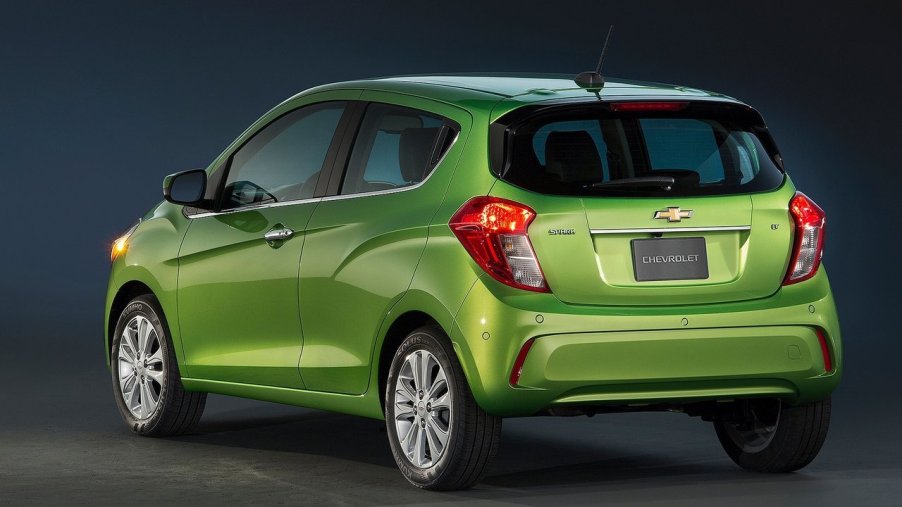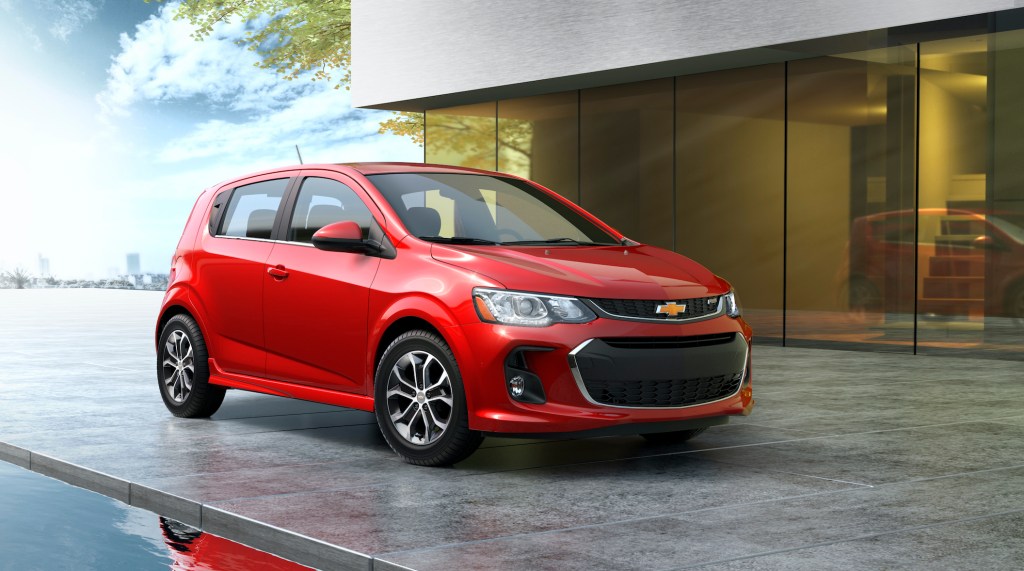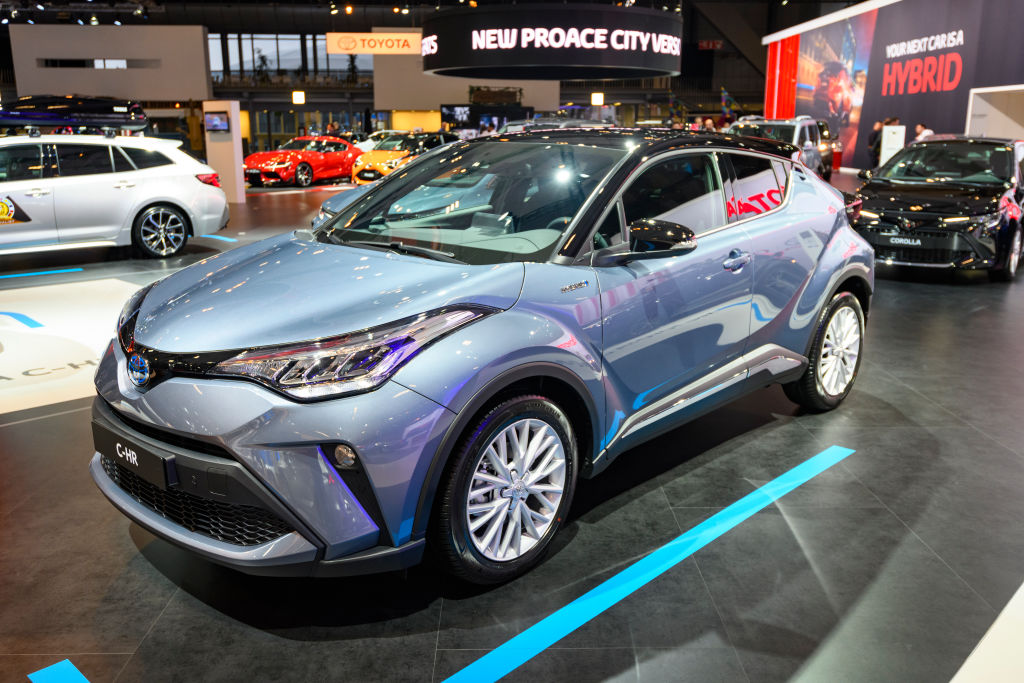
Are Overpriced SUVs Killing off Cheap Cars?
If you’ve felt like brand-new cars have become increasingly expensive year over year, you’re not alone. While big names such as Toyota and Honda previously excelled in the sub-$20,000 market, they’ve now moved upmarket with SUVs. As a result, a video by CNBC covers the subsequent quick disappearance of cheap cars in the U.S. Since buyers are willing to pay higher prices, the pool of cheap cars will likely continue to shrink.
Why are cheap cars expensive to make?
The manufacturing of cheap cars, like any other vehicle, works in economies of scale. According to CNBC, automakers make money selling cheap cars by selling mass amounts of them. Take, for example, the Toyota Corolla, which starts at $19,925. According to CarSalesBase, Toyota managed to sell 304,840 Corollas in 2019. As a result, the Japanese carmaker can make a healthy profit, even with slim margins.
On the other end of the cheap car spectrum, we have the Chevy Sonic, and its $16,720 starting price. Unlike the Corolla, Chevy managed to sell just 13,971 Sonics in 2019. As a result, Chevy decided to phase it out of production after the 2020 model year.
According to CNBC citing J.D. Power, the sales of new vehicles priced below $20,000 have dropped significantly in recent years. In 2014, for example, this cheap car segment of the market made up 20.8 percent of sales in the U.S. However, in 2020 this market makes up just 9.4 percent of sales. CNBC credits this steep drop to the increased prices of previous cheap options such as the Honda Accord and Toyota Camry. As these sedans move out of the $20,000 range, so do consumers.
Who buys cheap cars?

Despite having a consumer base willing to move upmarket, we shouldn’t forget about cheap cars. This is particularly important, according to CNBC, because of the demographic that buys cheap cars. Young and first-time buyers most often purchase these sub-$20,000 machines. While the initial profit from the sale likely won’t be significant, there is a golden opportunity here for automakers.
A cheap car is not only a form of transportation but an entry into a brand. If a first-time buyer develops a positive relationship with a brand, they are likely to return. As these buyers progress and start families, they will likely shell out more cash for larger cars. As a result, a great cheap car could result in a long-term buyer.
CNBC stresses the importance of these first-time buyers. As automakers begin to ignore them, the lack of brand loyalty could compound and have severe effects later on.
The market is willing to over-spend on SUVs

As CNBC points out, the fall of the cheap car seems to be directly linked to the rise in popularity of SUVs in the U.S. Citing J.D. Power, CNBC notes that SUV sales made up just 29.9 percent of the market in 2009. In contrast, these high-riding vehicles made up 51.5 percent of sales in 2019.
As you’d expect, these larger machines also cost considerably more despite sharing major components with cheaper models. Take, for example, the 2021 Honda Civic and its $21,050 starting price. The Honda CR-V, on the other hand, starts at $25,350. This means the SUV carries a premium of $4,300 despite sharing the same basic platform, engine, and transmission. The major difference between the two is that the CR-V has a higher ride height and extra space.
CNBC notes that U.S. buyers are routinely willing to pay for these premiums because they feel they are getting a better overall package. The result is that a majority of SUVs sit well above the $20,000 mark.
Could cheap SUVS be the answer?
In response to the disappearance of cheap cars, automakers have begun making cheaper SUVs. Take Hyundai and Nissan, for example. These brands have a strong focus on serving first-time buyers. As a result, they offer the Nissan Kicks for $19,070 and the Hyundai Venue for $18,750. By morphing previous cheap models into SUVs, they just might keep the segment alive.


